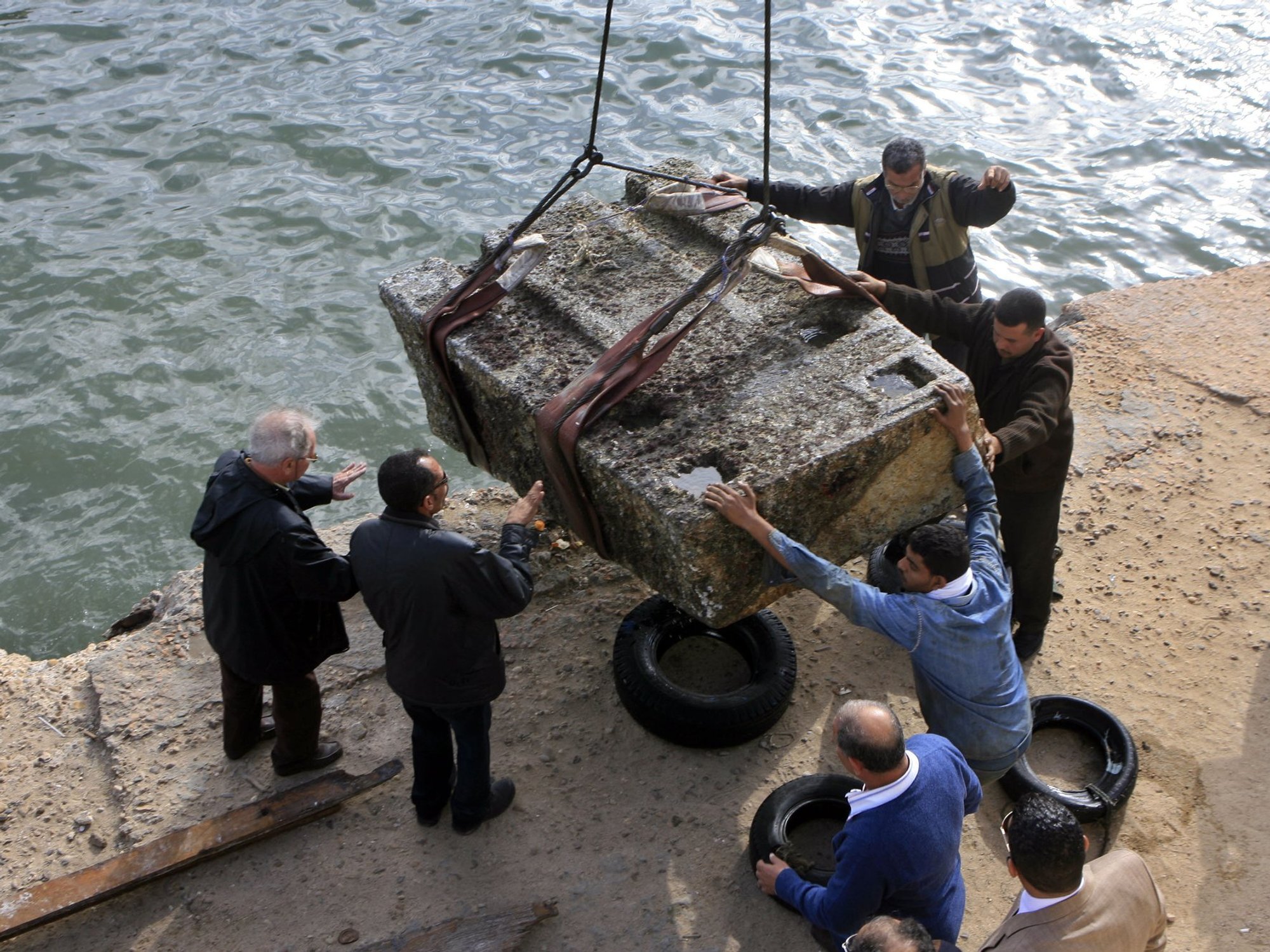Labour's eco-adviser demands pay-per-litre charge for watering YOUR garden
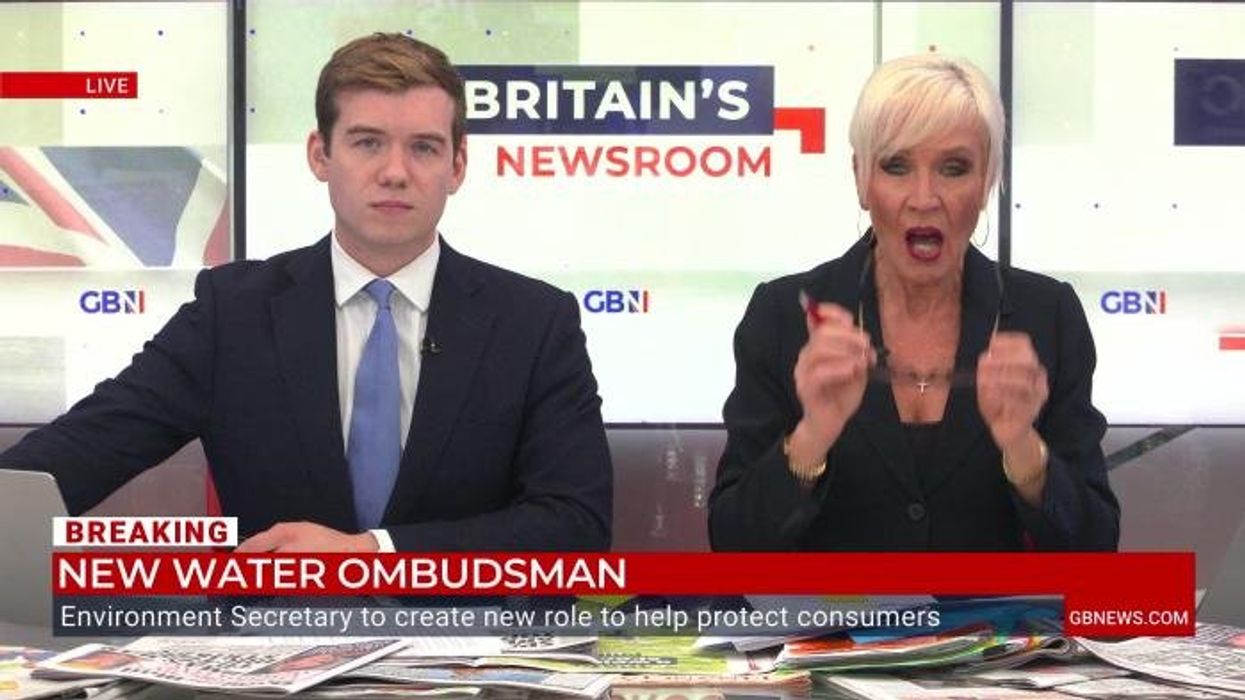
GB NEWS
Baroness Brown of Cambridge thinks charging more could reduce demand
Don't Miss
Most Read
Trending on GB News
A Government climate change adviser has said people who choose to water particularly large gardens should be "paying through the nose" for it.
Julia Elizabeth King, Baroness Brown of Cambridge, said water companies could stop taps running dry in the decades to come by charging more per litre the more they use.
The climate change adaptation adviser said the measure could reduce help water usage without penalising people in precarious financial positions.
Baroness Brown leads the climate change committee’s work on adapting to rising temperatures and addressed the House of Lord’s environment and climate change select committee on drought preparedness.
The Environment Agency has warned that England’s public water supply could be short by 5 billion litres a day by 2055, equivalent to a third of our current daily use “or the volume of 4.5 Wembley Stadiums”.
Baroness Brown said new reservoirs were only expected to address 40 per cent of this expected water shortfall.
Further water shortages would have to come from fixing leaky pipes and reducing household usage, she said.
Drought has a significant impact on the water supply, as shown in April when Yorkshire Water recorded a rise in water usage by 80 million litres a day.
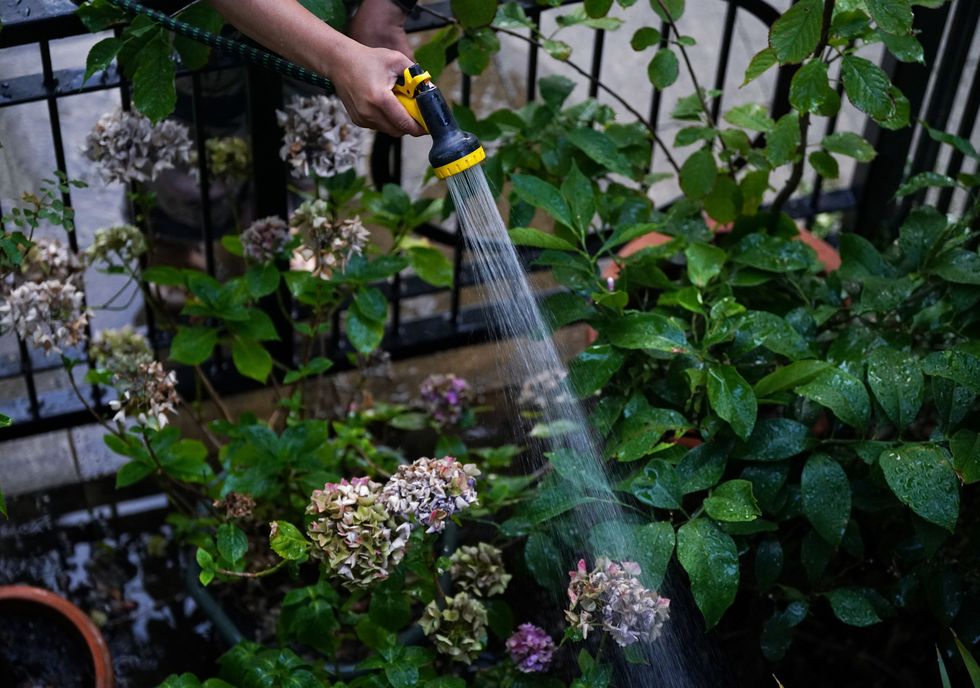
People watering big gardens could find themselves paying a lot extra
|PA
Reservoirs in England are currently 65.8 per cent full, lower than 77.4 per cent at the same time last year.
Baroness Brown said droughts are expected to become more frequent, saying summers as dry as 2022 could be twice as likely to happen by the 2050s.
She added there would need to be “much better engagement with the public” to highlight how to reduce water usage.
The climate adviser advocated for the introduction of smart water meters to track usage - similar to smart electricity meters.
LATEST DEVELOPMENTS
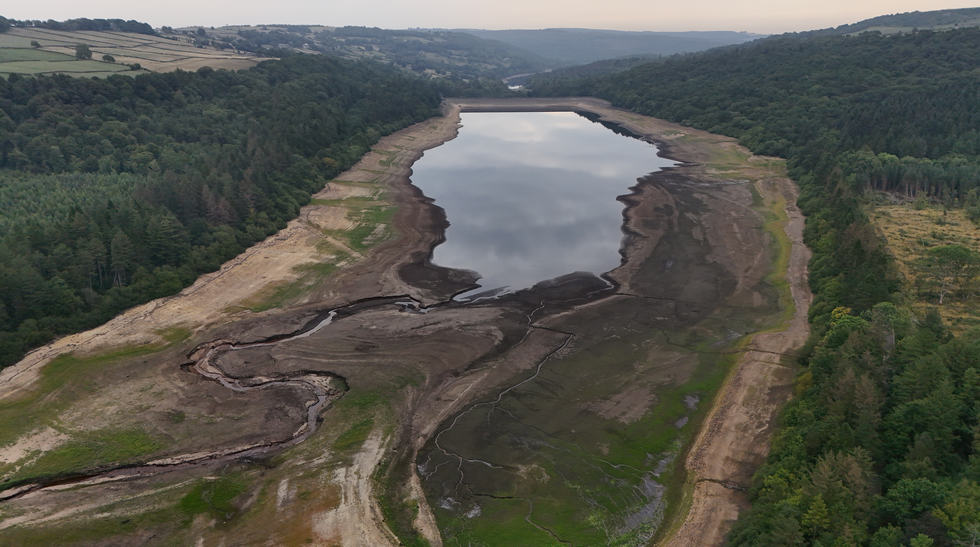
Dramatically low water levels at Broomhead Reservoir, South Yorkshire, in September
|PA
She said the perception of England as a wet country surrounded by the sea means the threat of drought “doesn’t impact on the public consciousness enough”.
“In Mediterranean countries people are much better at being sparing with water, and they have levels of more like 80-100 litres of water per person a day,” she added.
The peer said “block pricing” - where the price per litre leaps up after a certain point, was her own suggestion and not the official position of the climate change committee.
Water bills are set to rise 36 per cent over the next five years after Ofwat approved plans to spend £104 billion to fix leaky pipes and stop sewage flowing into rivers.
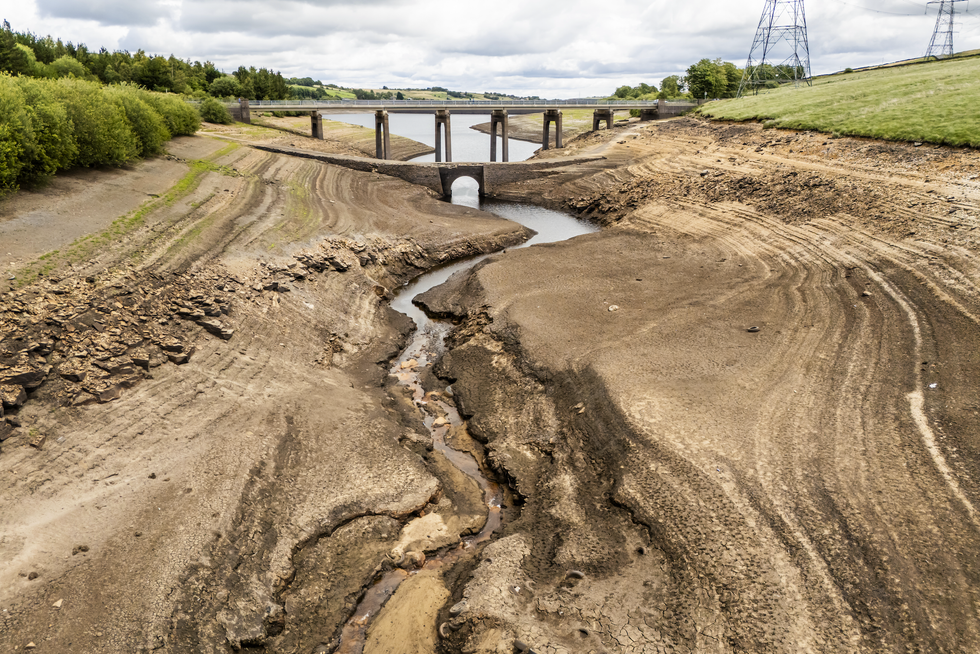
Droughts are becoming more frequent
|PA
Announced earlier this year, Ofwat is set to be abolished and replaced by a new water regulator to fix issues with the current system, which is viewed as fragmented by critics.
The National Drought Group - an expert group comprising the Met Office, Government, regulators, water companies, the National Farmers’ Union, Canal & River Trust, anglers, and conservation experts, met two weeks ago and heard that England needs 100 per cent of average rainfall to recover from drought by the end of March next year.
They also heard hosepipe bans imposed by Yorkshire Water, Thames, South East Water, and Southern Water need to remain.
Last week a major water company executive told the Guardian that if lower than average rainfall continues, drastic measures “beyond hosepipe bans” would have to be taken.








